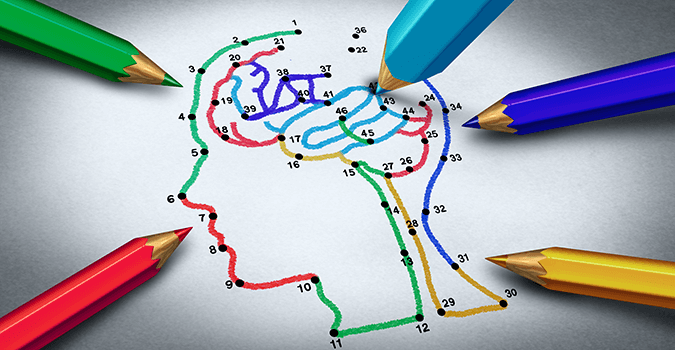July 24, 2024
Miracle for Children?

By Dale Bredesen, M.D., Chief Science Officer for Apollo Health
A recent study in two dizygotic (non-identical) twins with severe autism has led to results that have been described as “a miracle.” (https://www.telegraph.co.uk/news/2024/07/20/severe-autism-can-be-reversed-groundbreaking-study-suggests/) (https://www.mdpi.com/2075-4426/14/6/641). One child reduced her autism on a standard autism scale by over 90%, and the other by 58%. Furthermore, the physician who led the study pointed out that since autism is a developmental disorder, these remarkable improvements are likely to be sustained, especially for the child who experienced the nearly complete reversal.
From the published paper: “A parent-driven, multidisciplinary, therapeutic intervention involving a variety of licensed clinicians focusing primarily on addressing environmental and modifiable lifestyle factors was personalized to each of the twin’s symptoms, labs, and other outcome measures. Dramatic improvements were noted within several months in most domains of the twins’ symptoms.” In other words, these “miraculous” results came not from researchers or clinicians who based their treatment on decades of research, but rather from the parents’ interest in personalized, root-cause-driven therapeutics, identifying and addressing the various contributors to a brain network dysfunction. In essence, ReCODE for autism spectrum disorder (ASD).
As the authors noted, autism has been increasing at an alarming rate, with a 300% increase in ASD just since 2000. There is an increasing need for effective therapy, and the many pharmaceuticals used have not led to improvements that are even close to the ones reported in this study.
This is yet another example of 21st-century medicine—personalized, precision medicine, identifying the root cause contributors and addressing them therapeutically. This type of approach is showing the best results for the prevention and reversal of cognitive decline, and holds great promise for use with all neurodegenerative conditions, as well as other complex chronic conditions—the very conditions limiting our lifespans today. We are at an important inflection point in medicine, which is transitioning from simple, non-physiological, pharmaceutical therapeutics to personalized, comprehensive, precision medicine protocols. This is the century in which we should see dramatic reductions in neurodegenerative diseases, developmental disorders like autism and attention-deficit hyperactivity disorder (ADHD), autoimmune diseases like lupus and rheumatoid arthritis, cardiovascular disease, cancer, and psychiatric illnesses like schizophrenia. The twins who reversed their autism have much for which to thank their parents and the assembled team of forward-thinking practitioners.




